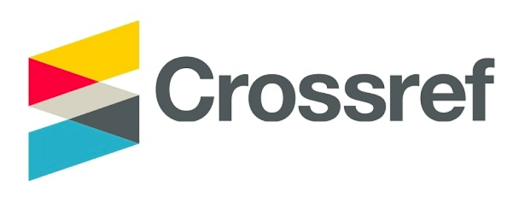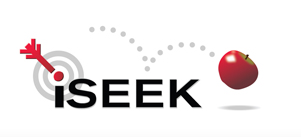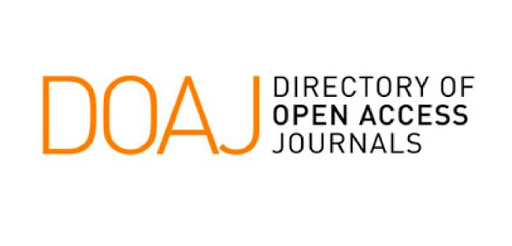Paper ID : SMJ0504235704569 | View : 21

Abstract : Biofilms formed by Pseudomonas aeruginosa and Streptococcus pyogenes are associated with devastating infections specifically in immunocompromised patients. The emergence of multidrug resistance in bacteria raised the ultimate need to establish an alternative drug to eradicate biofilm infections. Malaysian stingless bee honey (Trigona) has been aroused as a potential food with antibacterial and antibiofilm activities. However, there is limited knowledge about the effect of Trigona honey on the opportunistic bacteria during the early stage development of infections. Hence, this study aimed to evaluate the devastating effect of Trigona honey on P. aeruginosa and S. pyogenes growth and biofilm formation. The minimum Inhibitory Concentration (MIC) and Minimum Bactericidal Concentration (MBC) of Trigona honey were determined by the broth dilution method. Biofilm formation assay for P. aeruginosa and S. pyogenes was conducted using microtiter plates. Degradation assay for established biofilms was determined after the tested bacteria were exposed to 20% of Trigona honey. Trigona honey showed MIC and MBC values of 20% and 25%, respectively against both bacterial strains. Trigona honey successfully degraded 45.67% and 61.94% of P. aeruginosa and S. pyogenes biofilms, respectively. In conclusion Trigona honey can be used as a topical agent to prevent and treat bacterial infections.










